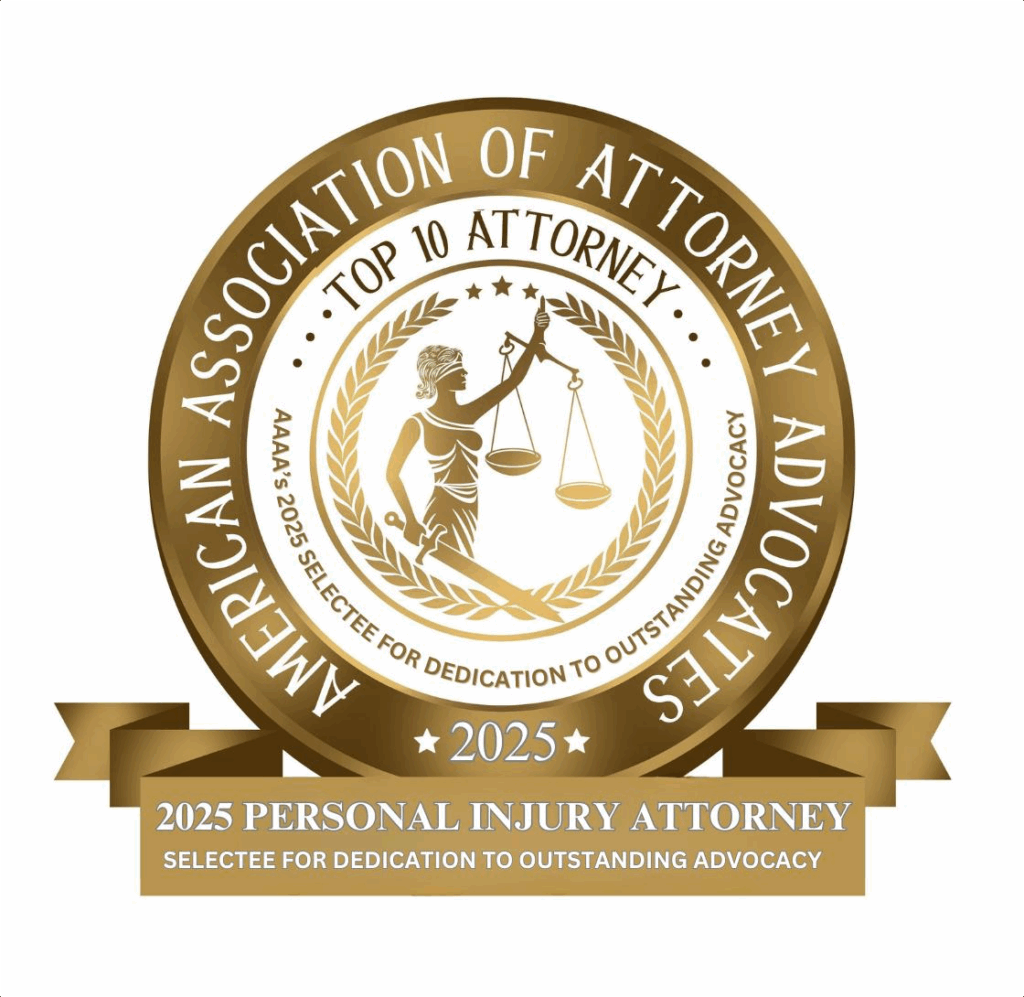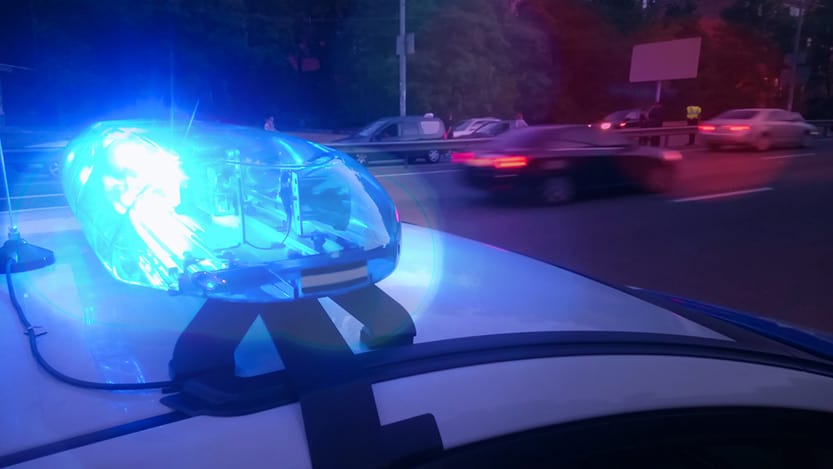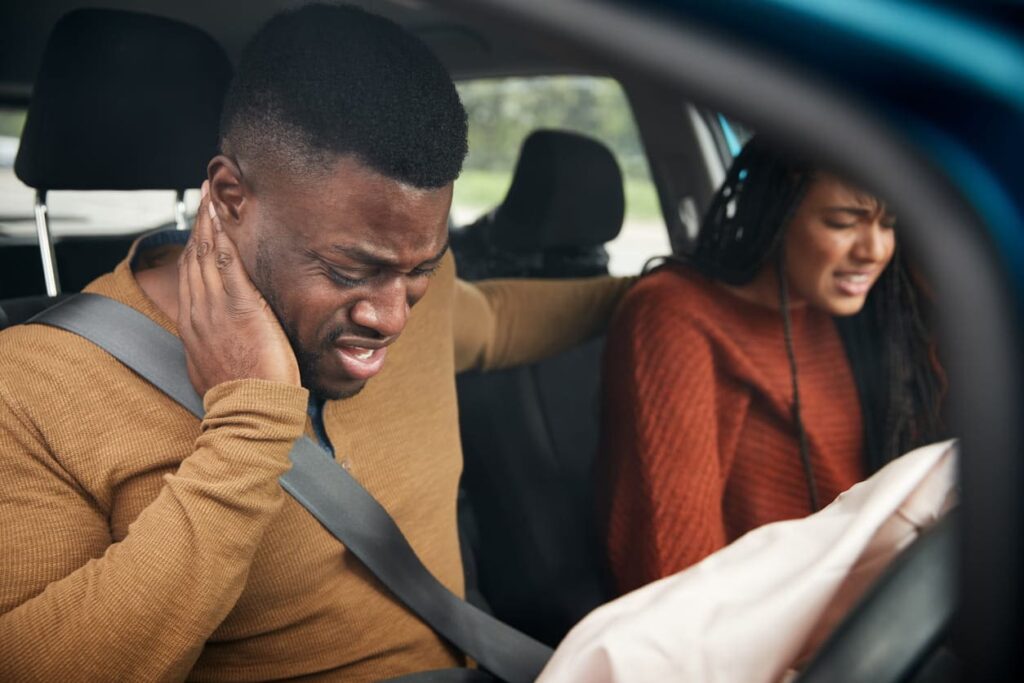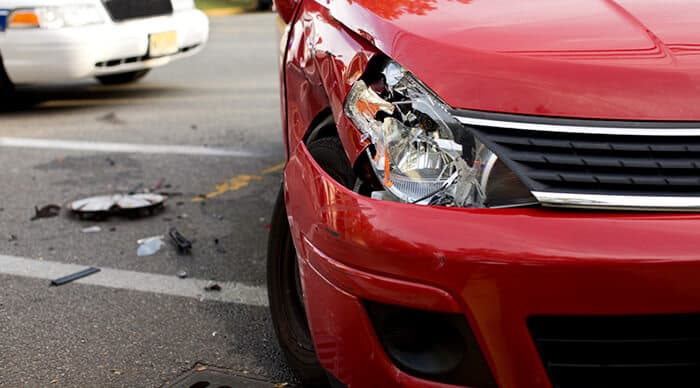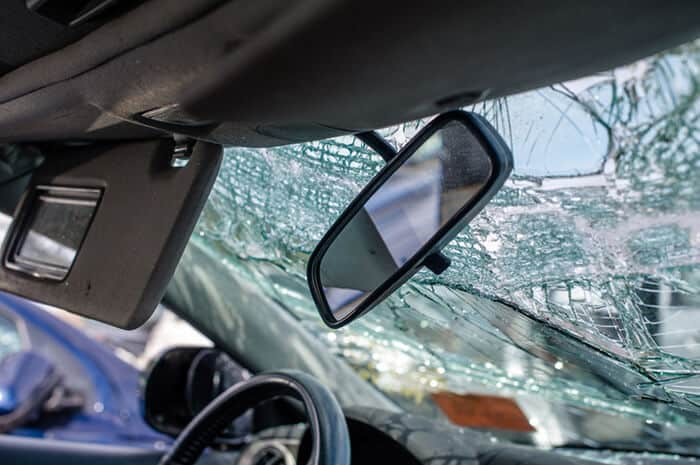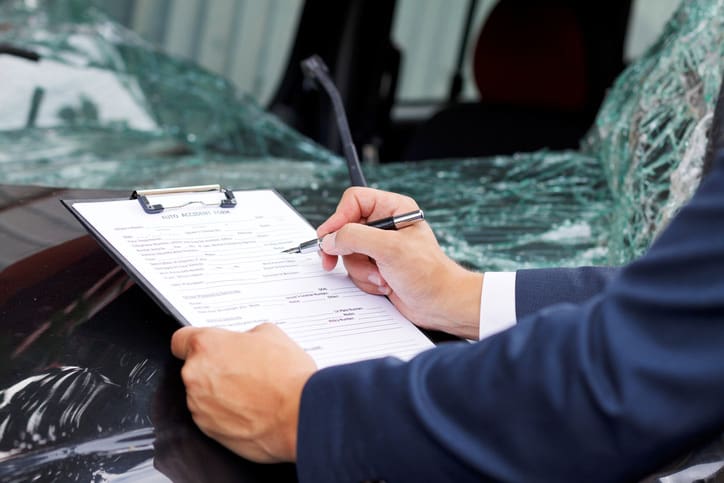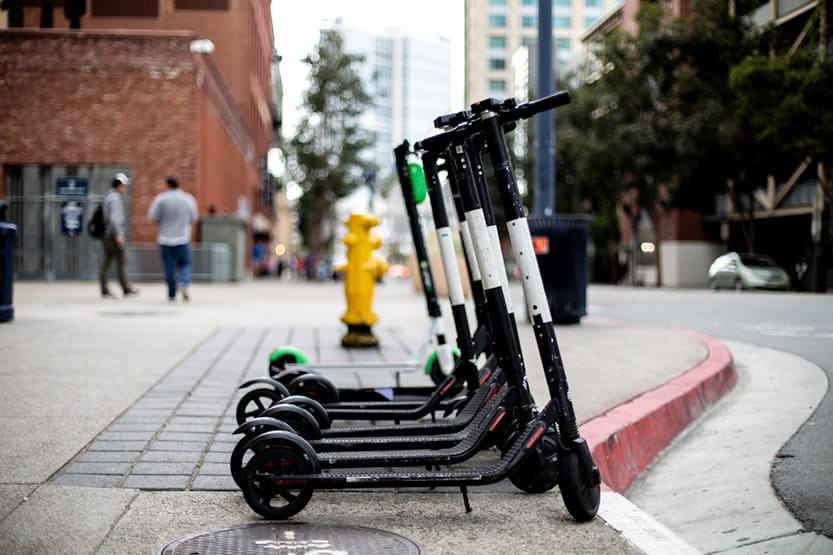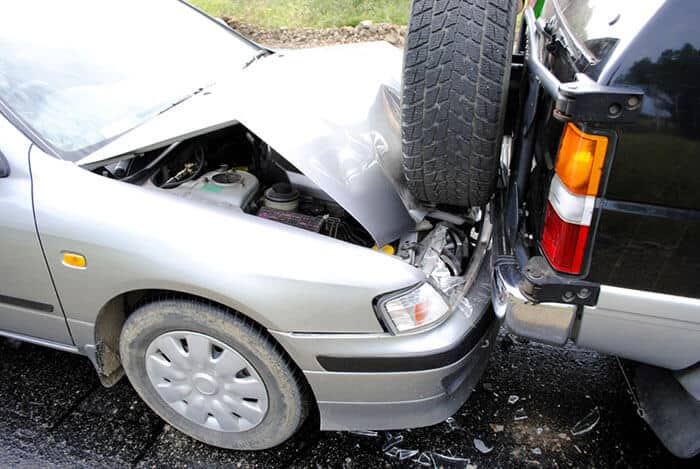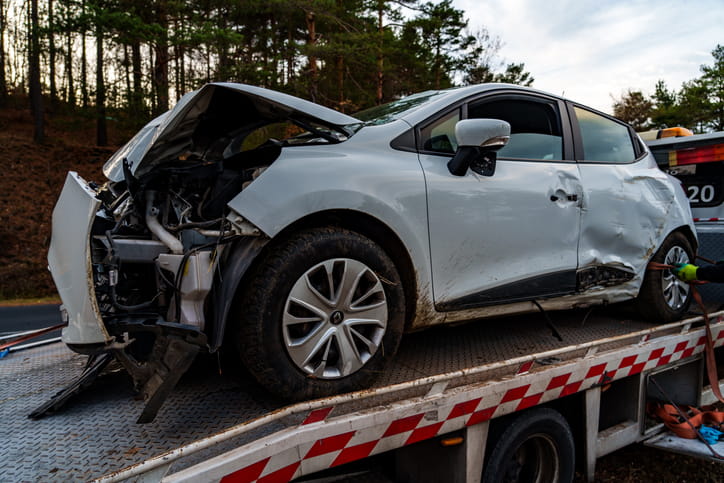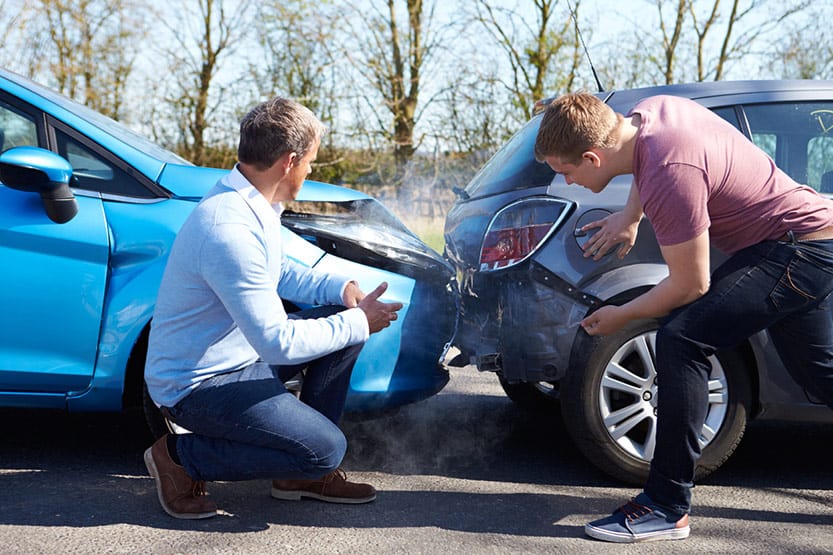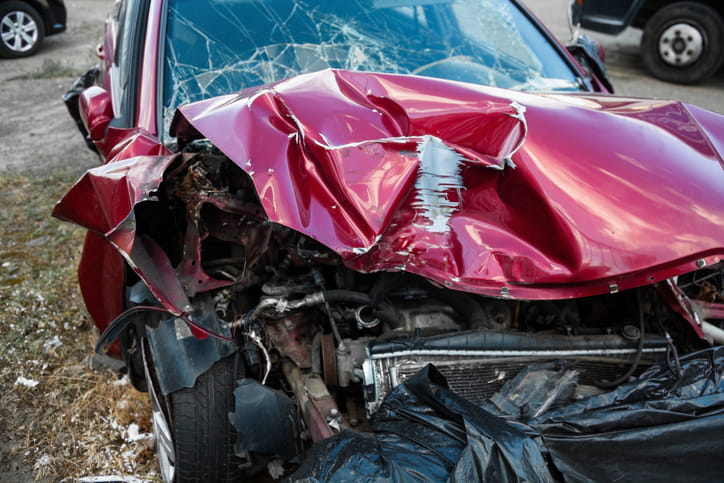What Are The Dangers Of Distracted Driving?
Distracted driving causes thousands of motor vehicle deaths and countless more injuries each year. Taking your eyes off the road for even two seconds can double your chances of an accident1.
Drivers who choose to operate vehicles while distracted create unnecessary risk to others. If you’re the victim of an accident involving distracted driving, you may be able to claim compensation for damages. Our distracted driving accident lawyers explain the dangers of not paying attention while driving and how it can have devastating results.
Personal Injury Lawyers » Practice Areas » Colorado Car Accident Lawyers » What Are The Dangers Of Distracted Driving?
- What Is Distracted Driving?
- What Are the Dangers of Driving While Distracted?
- What Are Distracted Driving Statistics?
- What Are the Different Types of Distracted Driving?
- What Are Examples of Distracted Driving?
- Are There Laws That Prohibit Driving While Distracted?
- What Is the Colorado Distracted Driving Law?
- Does Colorado Do Enough to Prevent Distracted Drivers on the Road?
- Is Distracted Driving a Form of Negligence?
- How Do I Prove That the Other Driver Was Distracted?
- Free Consultation With Colorado Car Accident Attorneys
- Related Car Accident Resources
- Bachus & Schanker Client Testimonial: Auto Accident Case
- #1 Amazon Best Seller in the Legal Industry
- You Deserve Fair Compensation
What Is Distracted Driving?
Distracted driving is anything that takes attention away from the safe operation of a motor vehicle while focusing on something other than driving. It is when drivers do not give their full attention to operating the vehicle, putting themselves and others at risk.
What Are the Dangers of Driving While Distracted?
Driving while distracted increases the chances of an accident when focusing on something other than driving. It can also increase the severity of an accident when there is a failure to slow down or swerve to avoid a collision.
On the roads, accidents occur in a split second. A driver with physical, manual, or cognitive distractions does not notice or respond to changing circumstances on the road as quickly as a driver who is paying attention. Not only are accidents more likely to occur, but they may occur at higher speeds if they are not able to brake as quickly, leading to impact with greater force.
What Are Distracted Driving Statistics?
- 3,142 people died in 20202 in the United States because of driving while distracted.
- 9% of all traffic crashes3 have distracted driving as a cause.
- More than 1,000 people are hurt each day because of distracted driver crashes.
- About 400,000 people are injured each year in crashes involving distracted drivers.
- People aged 16-244 are the most likely to use cell phones while driving.
- 20% of distracted driving accident victims5 are pedestrians and bicyclists.
- 90% of Colorado drivers6 admit to driving distracted.
What Are the Different Types of Distracted Driving?
There are three main types of driving while distracted:
- Visual – Not watching the road
- Manual – Taking your body away from the task of driving
- Cognitive – Not thinking about driving
All of these types of distractions can slow a driver’s response time when facing hazards on the road. It can also cause the driver to create an unsafe situation that results in a car accident and injuries.
What Are Examples of Distracted Driving?
Some examples of driving while distracted are:
- Using a phone without hands-free accessories
- Adjusting the dashboard or console
- Tending to children, other passengers, or pets in the vehicle
- Letting your mind wander, tiredness
- Grabbing something out of reach
- Eating and drinking
- Text messaging
- Smoking or vaping
- Looking at maps or a GPS
- Putting on makeup
- Daydreaming, focusing on emotions
Are There Laws That Prohibit Driving While Distracted?
No national law prohibits texting or using a cell phone while driving. However, most states prohibit texting while driving. About half of U.S. states also prohibit handheld phone use while driving. All states have traffic laws that prohibit dangerous driving behaviors also known as reckless and careless driving.
What Is the Colorado Distracted Driving Law?
Colorado has a few different laws (C.R.S. § 42-4-2397; § 42-4-14028; § 42-4-14019) that prohibit driving while distracted:
- Texting while driving – Texting while driving is not permitted for all drivers in Colorado.
- Cell phone use (under 18) – Drivers under 18 may not use a cell phone while driving to call, text, or transmit data.
- Mobile communication device (learner’s permit) – Anyone holding a learner’s permit is prohibited from using a mobile communication device while driving.
- Careless driving – Any driving behavior without due regard for road conditions and all circumstances.
- Reckless driving – Willful disregard for the safety of others.
In addition to these laws, there are exceptions that allow drivers to use a phone to report emergencies to first responders.
Does Colorado Do Enough to Prevent Distracted Drivers on the Road?
With distracted drivers causing thousands of injuries and deaths in Colorado, there is some debate about whether Colorado is doing enough to prevent driving distracted.
People Who Say Colorado Does Enough To Prevent Distracted Driving Might Say:
- Some laws prohibit using wireless communication devices in circumstances determined to be high-risk (young drivers, new drivers, texting, etc.).
- Someone who drives distracted can be given a traffic ticket or even charged with a criminal offense.
- Victims of distracted driver crashes may bring a legal claim for financial compensation.
- There are distracted driving awareness campaigns and the dangers of driving while distracted are discussed in driver education programs.
People Who Say Colorado Does Not Do Enough To Prevent Distracted Driving Might Say:
- The use of handheld devices is not entirely prohibited in Colorado in all circumstances – the laws could be tougher.
- Most people (90%) admit to driving distracted even though there are laws that prevent it.
- Thousands of people are still getting hurt and killed each year; even one injury or death is too many.
- A victim must go through a legal process to receive financial compensation; they must bring and prove their case.
- Young people are the most likely to use cell phones and drive; additional efforts could increase awareness of the dangers of distracted driving for young people.
Is Distracted Driving a Form of Negligence?
Driving while distracted is an example of negligence. A reasonable driver gives the appropriate attention and care to the task of driving. When drivers are distracted, they are not giving the same attention to driving that a reasonable person would give in the same situation.
How Do I Prove That the Other Driver Was Distracted?
Proving distracted driving is an essential part of any compensation claim. Identifying a traffic violation or how distractions impacted the person’s actions on the road is critical. You may be able to:
- Access vehicle recorder information from before the accident
- Examine the person’s cell phone
- Find witnesses who can retell what they saw
- Provide accident reconstruction that may show a delayed reaction
Proving distracted driving may require technical legal work leading up to the trial. It may be necessary to motion the court to examine a cell phone or obtain cell phone records through a provider. A car accident lawyer can assist you in motioning the court, talking to your insurance company, and taking other actions to pursue evidence of driving while distracted.
Free Consultation With Colorado Car Accident Attorneys
Are you the victim of a distracted driver? Our law firm understands the dangers, and we can help. We advocate for victims of car accidents through personal injury cases, wrongful death claims, and more. Contact us today to see how we can help.
Visit Our Office Locations Across Colorado
Serving Clients Nationwide
Related Car Accident Resources
Bachus & Schanker Client Testimonial: Auto Accident Case
#1 Amazon Best Seller in the Legal Industry
Attorney Kyle Bachus knows first-hand how difficult it can be to suddenly lose a loved one in an accident. It’s also devastating when you or a family member suffers severe injuries that forever change your lives. Kyle wrote this book as a resource from his personal experience for families who have suffered a traumatic loss.
A Spanish edition of the book is also available, offering the same support and guidance to Spanish-speaking families.

You Deserve Fair Compensation
Don’t let the insurance companies intimidate you into accepting less than you deserve. We’re ready to fight for you.




